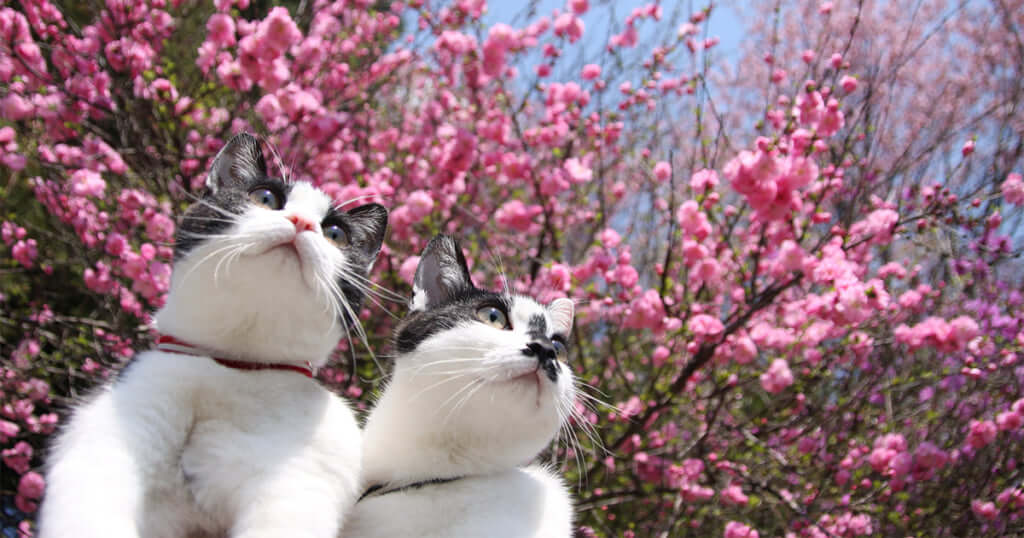
Communicating with your neighbours or acquaintances whom you know by sight but are not familiar with is not an easy matter because of the sense of distance between both parties.
This article attempts to summarize some useful expressions when communicating with these people.
1. 寒(さむ)いですね。Samui desune.
It’s cold, isn’t it?
Talking about the weather is always a safe topic with neighbours. Try using the following in your conversation.
Neighbour: こんにちは。今日(きょう)は寒(さむ)いですね。 Konnichiwa. Kyoowa samuidesune.
Hi. It’s cold, isn’t it?
You: 本当(ほんとう)ですね。寒(さむ)いですね。 Hontoodesune. Samuidesune.
Indeed. It’s cold.
2. 暑(あつ)いですね。Atsuidesune.
It’s hot, isn’t it?
You can use this expression for hot weather.
Neighbour: こんにちは。今日(きょう)は暑(あつ)いですね。 Konnichiwa. Kyoowa atsuidesune.
Hi. It’s hot, isn’t it?
You: 本当(ほんとう)ですね。暑(あつ)いですね。 Hontoodesune. Atsuidesune.
Indeed. It’s hot.
3.何階(なんかい)ですか。Nankaidesuka.
Which floor?
You may find this expression useful if you are staying in an apartment block. We often use this expression when we take the elevator with other people living in the same apartment.
Try using the following in your conversation.
You: 何階(なんかい)ですか。Nankai desuka.
Which floor?
Neighbour: 5階(かい)お願(ねが)いします。Gokai onegaishimasu.
Level 5, please.
4. お出(で)かけですか。 Odekakedesuka.
Are you going out?
This expression is not frequently used in big cities like Tokyo because of privacy issues but you can often hear it in the countryside where closely-knit communities exist.
Let’s look at how it is used together with the next expression.
5. ちょっとそこまで。 Chotto sokomade.
I’m just going right there.
There may not be an English equivalent for this expression but it is frequently used in Japanese. When your neighbours ask you “Odekakedesuka” (are you going out?), it does not literally mean that they have a personal interest in your whereabouts or that they are monitoring your actions.
For this question, you do not have to explain or tell them what you are going to do exactly, such as “I’m going to the hospital. Then I will have lunch with my friends. I’ll stop by the supermarket and shop for groceries before going home.”
This is a standard expression to exchange pleasantries among neighbours.
Neighbour:お出かけですか。
Odekakedesuka. Are you going out?
You:ええ、ちょっとそこまで。
Ee, chotto sokomade. I’m just going right there.
6. いつもうるさくてすみません。 Itsumo urusakute sumimasen.
I am sorry for being always noisy.
This expression is often used in apartments and housing complexes. If you have young children or pets, you may unknowingly cause distress to your neighbours with the amount of noise generated.
Using this expression may help to soothe any potential tense relationships and alleviate stress.
7. 回覧板(かいらんばん)です。 Kairanbandesu.
Here is kairanban.
Kairanban may be translated as a “neighbourbood bulletin board”. This practice is unique to Japan and the expression may be difficult to translate completely.
It is likely that this practice is no longer being practised in large cities but you may still see a kairanban being circulated in the countryside.
A kairanban usually contains a notice from the neighbourhood association placed in a file and circulated from households to households. Examples of such notices include announcements of nearby construction works, festivals, or events and activities held at the community centre.
After reading the notice, you stamp your personal seal or sign on it, and pass the file on to the next neighbour. Don’t forget to say this phrase when you pass the file to your neighbour!
8. いつもいただいてばかりで、すみません。
Itsumo itadaitebakaride sumimasen.
Thank you for your repeating gift.
A closely-knit community in which neighbours frequently give each other food items or small gifts may be something of the past. Of course, you can say “arigatoo gozaimasu” but “itsumo itadaite” shows a deeper appreciation of the kindness behind the gifts.
People are not as close to their neighbours in cities as before and some people may not even know their next-door neighbours.
Even so, acknowledging their presence with a nod or a simple “ohayoogozaimasu” (good morning), “konnichiwa” (hello/good afternoon), “konbanwa” (good evening), or “oyasuminasai” (good night) is a good start.
On the other hand, if you live in the countryside, there may be some closely-knitted communities still around in your neighbourhood.
Maintain a good relationship with your neighbours while keeping a comfortable distance is the way to go.






